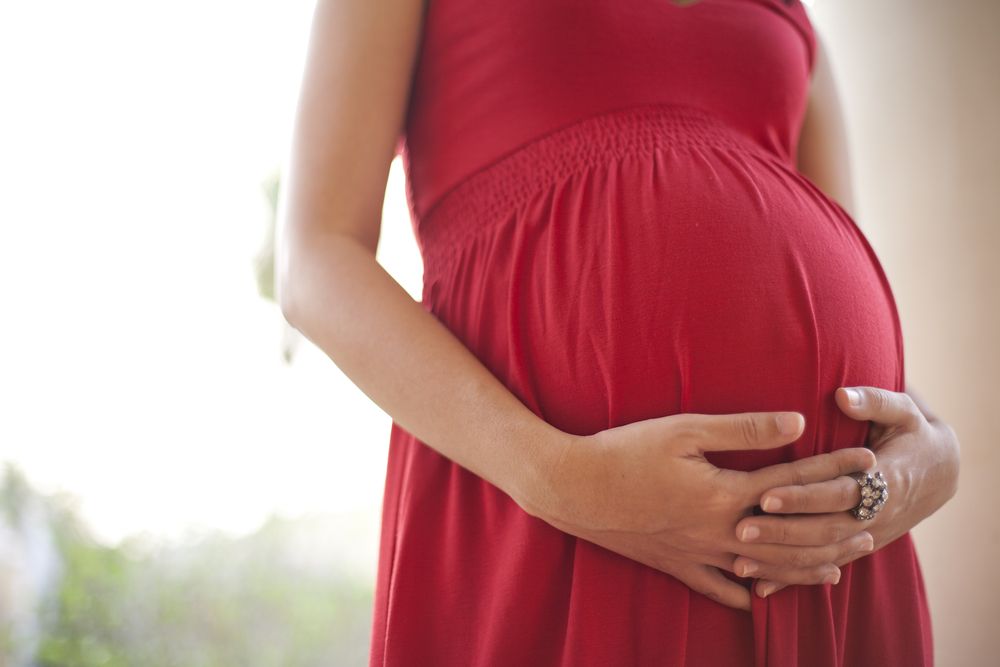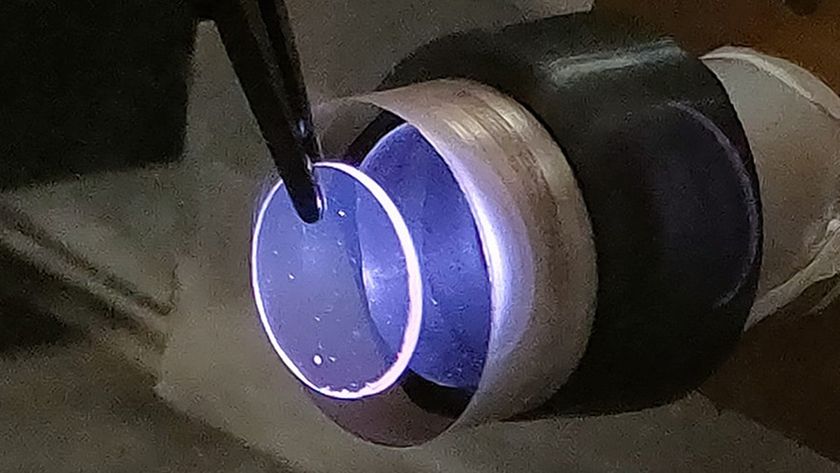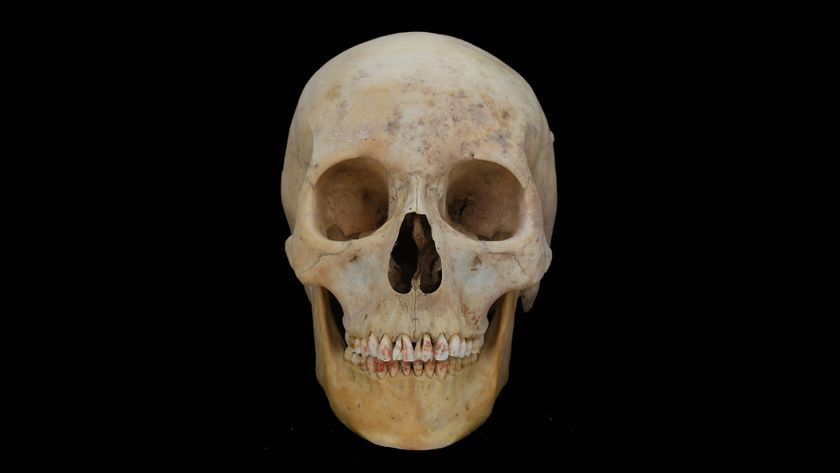Antidepressants May Raise Autism Risk in Later Pregnancy Stages

Women in a new study who took antidepressants during their second and third trimesters of pregnancy showed an 87 percent increased risk of having a child with an autism spectrum disorder, compared with women who did not take medications for depression while expecting.
The researchers also found that mothers who used a certain class of antidepressants, known as selective serotonin reuptake inhibitors (SSRIs), had more than double the risk of having a child with autism spectrum disorder (ASD), according to the study published today (Dec. 14) in the journal JAMA Pediatrics. ASD is a group of conditions that includes autism, Asperger syndrome or other pervasive developmental disorders.
The findings suggest that using antidepressants, especially SSRIs, during the second and third trimester of pregnancy increases the risk of having a child with autism, said study author Anick Berard, a professor of pharmacy at the University of Montreal, who specializes in drug use during pregnancy. Some SSRIs that may be used during pregnancy include Zoloft, Prozac and Celexa.
Previous studies have shown that having depression itself may increase the risk of autism. But the new study showed that the increase in the risk of having a child with autism that is linked to antidepressants is above and beyond the increase in risk of autism that is associated with maternal depression, Berard said. In the new study, depression in moms was associated with a 20 percent increased risk of autism, she said. [Beyond Vaccines: 5 Things that Might Really Cause Autism]
The analysis also found that women who were prescribed more than one class of antidepressants during the last six months of pregnancy were more than four times more likely to have a child with autism, compared with women who did not take antidepressants while pregnant.
Antidepressants are one of the most frequently used medications during pregnancy, with an estimated 7 to 13 percent of American women taking them while pregnant, according to one study.
Of the previous studies that have looked for a link between the development of autism in children and antidepressant use during pregnancy, some — but not all — have found that there is an association. This new study is one of the largest to show this association, according to the researchers.
Sign up for the Live Science daily newsletter now
Get the world’s most fascinating discoveries delivered straight to your inbox.
"This study is the first to quantify autism risk based on the class of antidepressants used by a woman during pregnancy, and the first to find an increased risk with SSRIs mostly," Berard told Live Science.
Depression during pregnancy
In an editorial accompanying the study that was published in the same issue of JAMA Pediatrics, Dr. Bryan King, a child psychiatrist at Seattle Children's Hospital, wrote that the increasing prevalence of autistic spectrum disorders have led researchers to a "search for explanations, particularly among environmental factors."
And in the ongoing search for environmental contributions to the risk of ASD, gestational exposures are increasing as an area of focus, said King, who was not involved in the research.
Although the exact cause of autism is not yet known, there is probably a strong genetic factor involved, but exposure to certain factors in the environment may also play a role, she said.
Exposure to an antidepressant during in utero development is one such factor. In the new study, the researchers analyzed data collected from all 145,500 pregnancies that occurred in the Canadian province of Quebec over the 20-year period between January 1998 and December 2009, in which mothers had a full-term pregnancy and gave birth to only one baby.
The researchers followed up with the children until age 10; there were 1,054 children who were diagnosed with ASD.
Using information gathered from hospital records in Quebec, as well as a prescription drug database and a database that showed physician visits, the researchers looked at whether the women in the study had filled a prescription for antidepressants at any time during their pregnancy, or one month before conception.
The analysis found that about 4,700 infants, or 3.2 percent of babies, were exposed to antidepressants at some point during their mothers' pregnancies. Among these babies, 46 developed autism.
But the researchers found that only a mother's use of antidepressants during the second or third trimester was associated with a greater risk of autism in children. There was no increase in ASD risk that was linked to using these medications during early pregnancy.
The second and third trimesters are a critical time for brain development in the fetus, Berard said. Taking SSRIs during this period inhibits levels of serotonin, a chemical that can affect a person's mood, but is also essential for brain cell development in the fetus, she said. [11 Facts Every Parent Should Know About Their Baby's Brain]
Depression is a serious and debilitating condition, and the new findings do not suggest that pregnant women with depression should go untreated, Berard said. But with evidence mounting of an increased risk of adverse pregnancy outcomes with antidepressant use, antidepressants are not always the best solution, she said.
The majority of depressed pregnant women are mildly to moderately depressed, and exercise and psychotherapy have been shown to be effective treatments when depression is not severe, Berard said.
Follow Live Science @livescience, Facebook & Google+. Originally published on Live Science.
Cari Nierenberg has been writing about health and wellness topics for online news outlets and print publications for more than two decades. Her work has been published by Live Science, The Washington Post, WebMD, Scientific American, among others. She has a Bachelor of Science degree in nutrition from Cornell University and a Master of Science degree in Nutrition and Communication from Boston University.

Most ancient Europeans had dark skin, eyes and hair up until 3,000 years ago, new research finds

1.4 million-year-old skull found in Spain is 'earliest human face of Western Europe'

Liftoff! NASA launches SPHEREx telescope — an infrared observatory that will help JWST solve the mysteries of the universe







